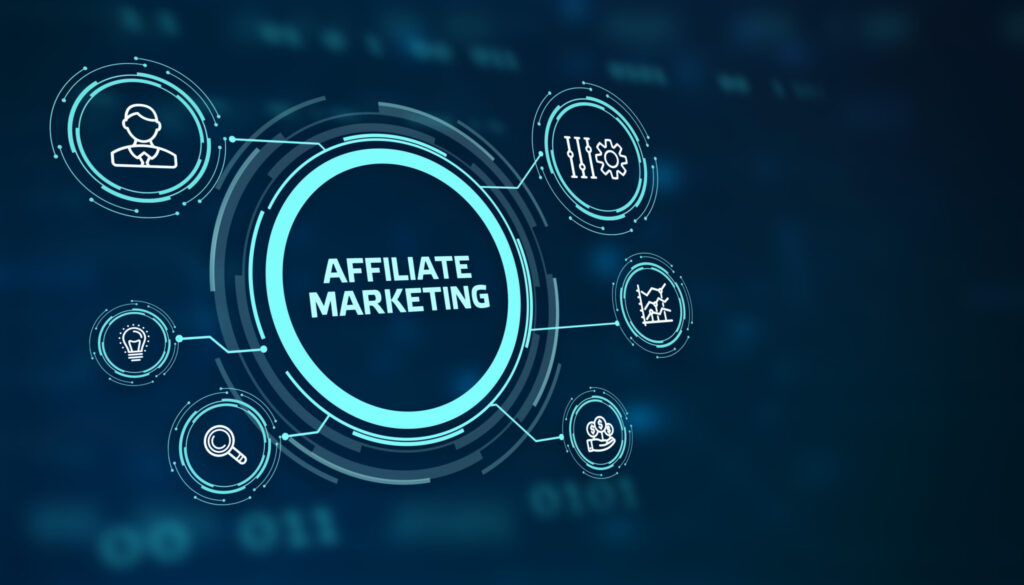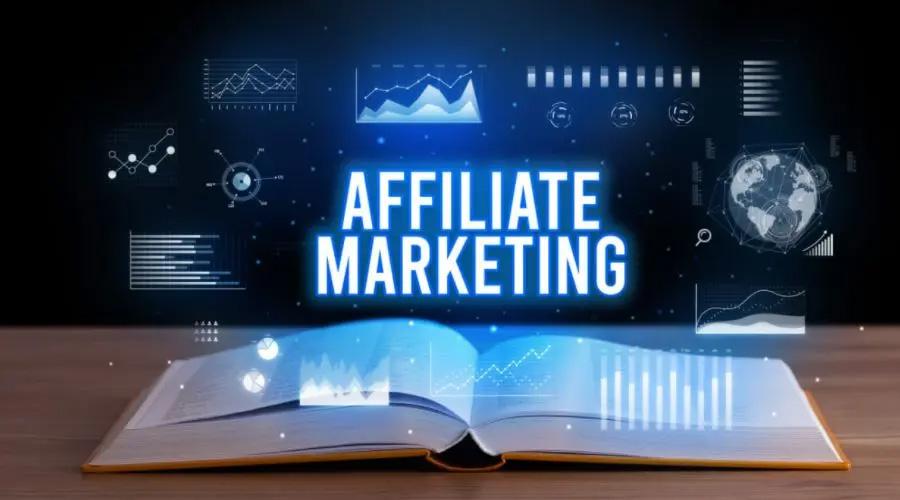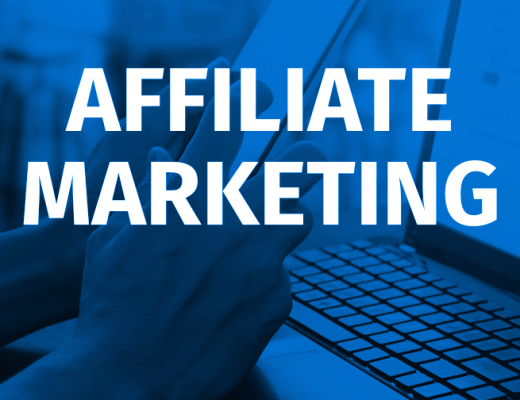In today’s fast-paced digital world, staying ahead of the latest trends and strategies can be a challenge for marketers.
However, there’s one trend that you simply can’t afford to overlook: the integration of your influencer and affiliate programs.
The influencer industry is gonna hit a whopping $22.2 billion by 2025! And here’s the thing – the line between affiliate and influencer marketing is getting fuzzier by the day.
Failing to integrate these programs is a risk that could leave your brand behind the competition.
In this blog, we’ll explore the benefits of integrating your influencer and affiliate strategies. And, how you can harness their full potential to boost your brand’s performance in detail.
The Influencer Game Is Blowing Up Really Fast!
The experts predict that the market will reach a whopping $17.4 billion by 2023! This represents an impressive increase from the 2022 market size of $15.2 billion.
The growth doesn’t seem to be slowing down anytime soon, with projections indicating that it will hit a staggering $22.2 billion by 2025.
Influencer Marketing Importance
- Reach
Generally, Influencers in any field have huge followings on social media. It can help brands reach new audiences and expand their brand reach.
- Credibility And Trust
Followers often view influencers as experts in their respective niches. This creates trust when they endorse products or services.
- Authenticity
Influencers often create authentic content that connects with their followers on a more genuine level.
- Cost-Effective
Compared to traditional advertising methods like TV or radio ads, influencer marketing can be a cost-effective way to promote products or services.
On its own, influencer marketing can drive stronger connections with target audiences. Not only that but also it enhances brand recognition along with higher engagement rates leading toward conversions.
And, with the convergence of affiliate and influencer marketing channels becoming blurred each day, this integration has become even more important than ever before!
How Do Influencers Boost Affiliate Marketing?

Read More – 5 Steps To Improve E-Commerce Sales With Social Media Marketing
The power of influencers in today’s marketing landscape is undeniable. So, here are some reasons why this combination can lead to amazing results:
1. Bonding With Followers
Influencers have deep-rooted trust between themselves and their followers because of the consistent rolling dialogue they’re always having.
When setting up an affiliate strategy with influencers, brands give them skin in the game. And, leveraging their popularity to connect better with existing audiences.
2. Multiplying Social Media Presence
Envision having 15 or more influencers on an affiliate deal posting twice a month. It would result in a social media presence hitting your targeted audience every single day!
Combine this strategy with your existing social media efforts. And, you’ll see increased engagement rates from potential customers.
3. Reaching Niche Audiences
Audiences follow influencers for various reasons that wouldn’t necessarily bring them to your brand’s site or products initially. But, it can still be useful for increasing visibility outside of your website visitors’ bubble!
4. Creative Posts
Every influencer is different! They each have their perspective on things that come out through their content unique to them alone. This allows them to have creative freedom to share on schedule towards promoting specific products or services. And, this leads to driving higher traffic volumes back onto your website.
Unlocking The Power Of Influencer & Affiliate Marketing: Combining Strategies For Maximum Impact
When it comes to marketing strategies, influencer marketing, and affiliate marketing are two of the most effective ways to reach your target audience.
However, when it comes to deciding which one is better for your brand, there’s no clear winner.
Instead, it’s all about finding the right fit for your goals.
- Scaling Marketing Efforts
If you’re looking to scale your efforts without continuously sinking money into them, then affiliate marketing is the way forward.
Unlike influencer marketing where you have to pay upfront fees regardless of how many sales they make for you, affiliates get paid only after making a sale.
- Level Of Engagement
Engagement is crucial in any successful marketing strategy since it drives conversions and boosts brand recognition.
When it comes to engagement levels, influencers are on top since they have dedicated followers who trust their opinions and recommendations.
- Payment Terms
Influencers get paid upfront for their content while affiliates earn commissions as they make sales. This means that the cost-effectiveness of affiliate marketing makes it an ideal budget-friendly option.
So, what happens when you combine both strategies? The perfect union between influencer and affiliate marketing strategies can result in higher conversions from both a trusted source (influencers) while keeping costs down (affiliates).


